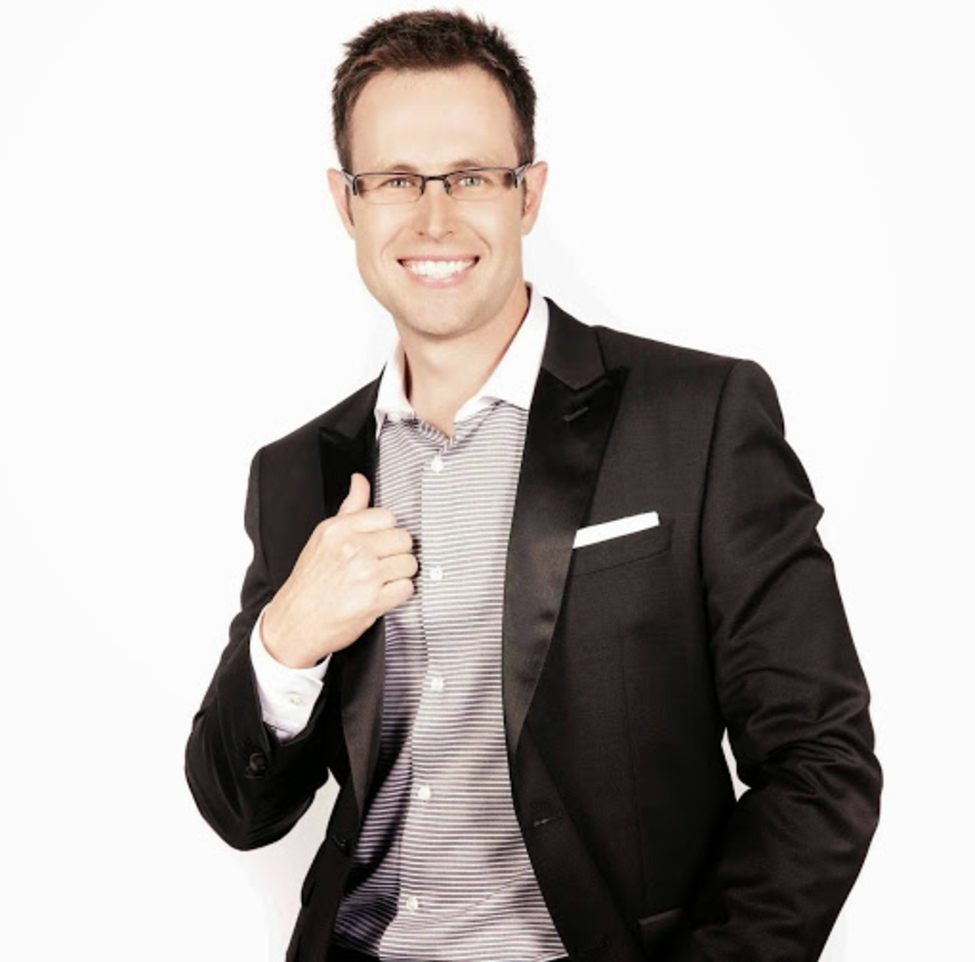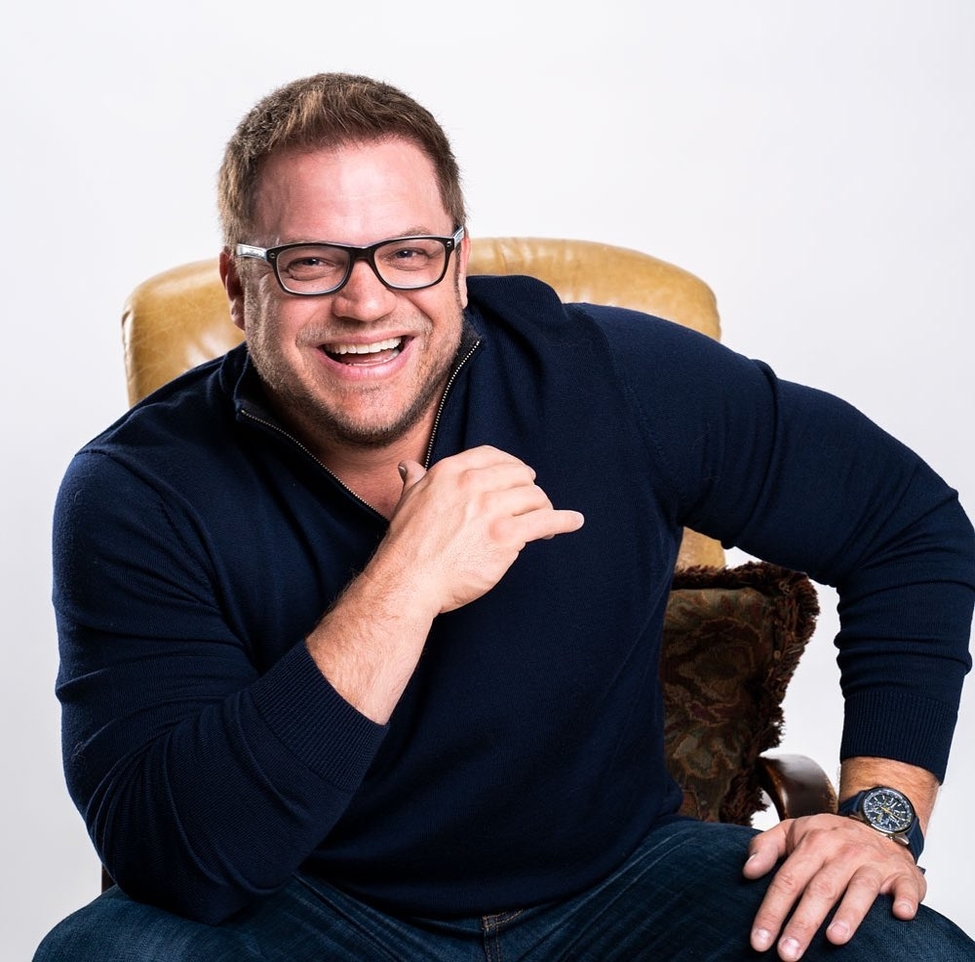Tapping Into Your Vulnerable Side
with Drew Manning
Video:
Audio:
with guest Drew Manning #MakingBank S4E39
People in the United States suffer from depression and anxiety at alarmingly high rates – no other developed or developing country on earth suffers from these conditions worse than we do. We still have a long way to go to really understand why so many of us are suffering the way we are, but there are certain things we do know already.
It’s widely accepted that diet and exercise are directly linked to mental health, as is financial stability, but one area that many people struggle with, particularly men and particularly people with demanding careers, is opening up, being vulnerable, and healing from past traumas.
Living with unresolved trauma – no matter how big or small – weighs on you, takes up part of your mental and emotional energy, and manifests as bad habits, self-doubt and other self-sabotaging tendencies. It’s like having to pay an extra tax on your paycheck for no reason. If you want to stop paying that tax, the first step is to begin releasing those traumas.
The very act of opening up releases a lot of pressure. The fact that you’re taking steps to better yourself will have a positive impact on your mental health.
Opening up is easier for some than others, but if you are ready to begin the process, here’s a roadmap for how to take the first steps.
- Find a Friend
For most people, being able to open up to a friend or close family member is the most powerful form of vulnerability. Being open with a person we love is more rewarding and usually easier since we already feel comfortable and safe in the relationship.
Still, this is not always easy. Sometimes it can feel impossible to even broach the subject, particularly if it’s for the first time. When all else fails, revert to being straight forward. It may be abrupt, but simply stating “I need to talk to you about something” will usually be met with respect and an open heart. If not, it’s probably not the best person to open up to in the first place.
2. Vulnerability with Anonymity
Other people may find it harder to open up to their friends because they don’t know how it may affect their relationship, or the trauma may involve someone they know. Some people find great comfort in opening up to certain strangers. Ask any bartender or Uber driver and they will tell you that ‘part time therapist’ should be included in their job description.
There is safety in talking to a person you are confident you will likely never run into again, and there’s often an added sense of gratitude when a total stranger understands and reassures us. They don’t love us, so they have no obligation to be there for you. If you’re scared to talk to friends or family and find yourself on a particularly long Uber ride, what’s the worst that could happen?
In order to connect with a stranger, it’s usually best to approach the conversation as an opportunity for both of you to open up. Try finding a common ground, giving both people in the conversation a chance to open up. Note: this works for mild traumas, arguments or some type of mistreatment. Major traumas are not best dealt with on a barstool or the backseat of a taxi cab.
3. Online
If you want the next level of anonymity, you can find chat rooms and forums online for everything. This is probably not going to be the most effective means of healing, but it can be a first step if you are having trouble speaking in person.
Reddit and Craigslist both have entire sections of their platforms dedicated to confessions. Opening up on these sites may not give you the full healing you need, but seeing people respond to you online in a positive manner can help you understand that you’re not alone.
4. Therapy
These are all good methods for practicing everyday vulnerability, which is ultimately the most important, most powerful thing to develop. However, many, or maybe even most of us, need a real therapist.
A trained professional can be a combination of someone we grow to trust and also someone who is essentially a stranger, separate from our everyday lives. For a serious trauma, this is what we are going to need in order to truly heal.
Once you’ve started the healing process, you may be surprised at the effects it has on your everyday life.
- You will clear up mental bandwidth
You don’t realize how much past traumas can weigh on you, taking up your energy and making it harder for you to focus or be happy. Letting these experiences go helps you free up a lot of negative energy, allowing you to think more clearly and enjoy your life more.
In this state of mind you are not only going to be happier, you might well find yourself being more productive at work and having more creative insights. Instead of coming from a place of insecurities, you will begin coming from a place of confidence and wisdom.
Opening up is incredibly freeing, and can feel like you’ve conquered an obstacle you didn’t even know was there.
2. Bad habits disappear
Failing to deal with past traumas can affect your life and your state of mind in a wide variety of unexpected ways. It can lead to shedding unhealthy habits that serve as a distraction and even cause riddling anxiety or depression.
False coping mechanisms such as bad eating habits, lashing out at others, burying yourself in work or other distractions and more can all result from failing to deal with past traumas. If you heal yourself emotionally, solving these other bad habits becomes much easier. Some may even fade away on their own.
3. Better ability to live in the present
As your stresses and anxieties fade away you will be able to enjoy life more. You will have more time and energy for your family, your kids, and the quality of that time will be better as well. You can’t fully be there for someone else if you’re not fully there yourself.
This reward is worth the process in and of itself. As your relationships strengthen, that strength will be returned to you, invigorating you in all areas of your life.
Learning to be vulnerable is its own reward, but it comes with a host of side benefits as well. It is not an easy process, but it is worth it, and when you realize it’s not so scary after all, your whole life will begin to transform.
Topics
- Accelerated Learning
- Artificial Intelligence
- Become Present
- Blockchain
- Branding
- Business
- Education
- Entrepreneurship
- Family
- Finance
- Health
- Health & Wellness
- Internet Marketing
- Investing
- Leadership
- Lifecoach
- Marketing
- Negotiation
- Performance
- Productivity
- Publicity
- Real Estate
- Sales
- Sales Success Habits
- Video Marketing
- Writing

















